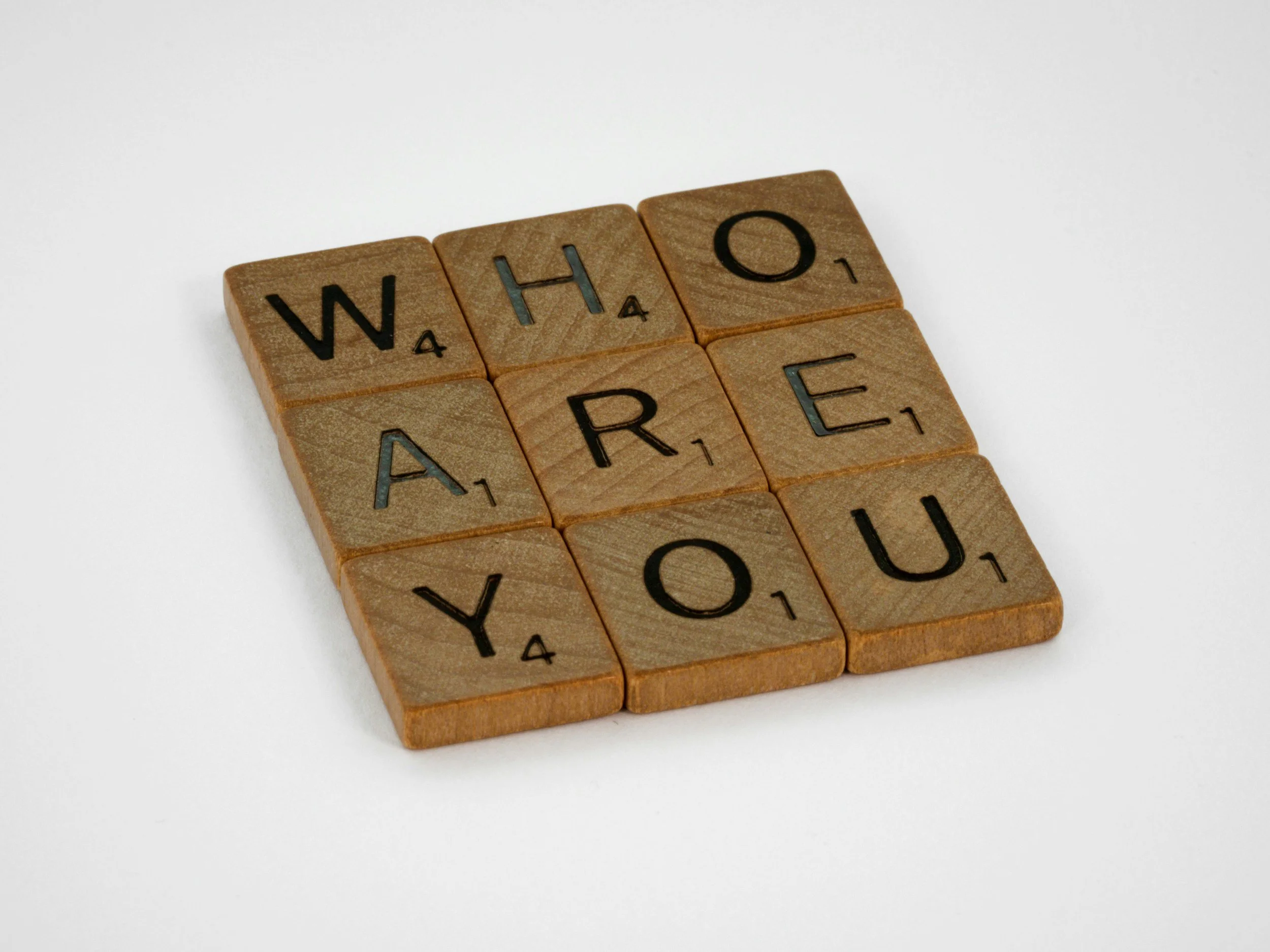Are Curses Real? A Psychological Perspective on a Perennial Belief
Throughout history and across cultures, people have believed in curses—malicious forces, often invoked by others, that bring about misfortune. From ancient hexes to modern-day “bad energy,” the idea of being cursed persists in various forms. But in a world increasingly grounded in science and psychology, the question arises: Are curses real?
The answer, psychologically speaking, is both yes—subjectively, and no—objectively.
The Subjective Reality of Belief
If someone believes they are cursed, that belief alone can alter their reality. This isn't magic—it's psychology.
Research into the nocebo effect (the negative counterpart of the placebo effect) shows that negative expectations can lead to real negative outcomes. When someone believes they're cursed, their expectation of doom can manifest in genuine psychological distress, somatic symptoms, and behavioral changes.
Somatic Symptoms: The Curse in the Body
The mind-body connection means that distressing beliefs can trigger somatic symptoms (physical sensations without an identifiable medical cause). Those who believe they are cursed may experience:
Chronic fatigue or exhaustion
Unexplained pain (especially headaches, backaches, or joint discomfort)
Digestive issues like nausea, bloating, or irritable bowel symptoms
Sleep disturbances and restlessness
In these cases, the body is echoing the belief, translating psychological stress into tangible physical symptoms. The curse becomes embodied.
Historical and Cultural Roots of Curses
The belief in curses is not new. Across millennia, nearly every civilization has had some form of cursing, hexing, or malediction embedded in its folklore. In Ancient Egypt, inscribed curse tablets were buried with the dead to exact vengeance. In Greece and Rome, lead tablets carried hexes aimed at enemies. The "evil eye" spans cultures from the Mediterranean to the Middle East, believed to cause illness or misfortune with a mere glance.
In many societies, curses serve as moral or social enforcement tools: punishments for betrayal, theft, or disrespect. The persistence of these beliefs suggests they fulfill deep psychological and social functions—offering explanations in the face of chaos or injustice.
The Role of Cognitive Biases
Humans are meaning-makers. Our brains are hardwired to look for patterns—even where none exist. Two cognitive biases in particular help explain how belief in curses takes root and persists:
Attribution Bias: When something bad happens, people naturally seek explanations. In the absence of a clear cause, a curse offers a compelling—if irrational—narrative.
Confirmation Bias: Once someone suspects a curse, they start noticing and remembering all the bad things that happen as “proof.” Good events or neutral ones? They fade into the background.
Over time, this psychological loop reinforces itself. Every misstep, failure, or coincidence becomes further evidence of the curse’s grip.
Behavioral Consequences: Learned Helplessness
Belief in being cursed can also lead to learned helplessness—a psychological condition where a person feels they have no control over their circumstances. Originating from Seligman’s work with animals, learned helplessness helps explain depression and passivity in humans who feel at the mercy of uncontrollable events.
If someone believes that nothing they do can counteract the effects of a curse, they may withdraw from opportunities, stop trying to improve their life, and spiral into worsening outcomes. The curse doesn’t cause their misfortune, but their belief in it might.
Cultural Context Matters
Belief in curses is not random; it’s deeply cultural. In communities where curses and spiritual afflictions are accepted explanations for misfortune, belief can be socially reinforced. A friend, healer, or elder might validate the fear: “Someone has done this to you.”
Even more subtly, stories passed down through generations, or rituals performed to ward off evil, can solidify these beliefs within a community. In parts of Latin America, for instance, the concept of "mal de ojo" (evil eye) is so ingrained that infants wear red bracelets to ward it off. In West African traditions, misfortunes may be interpreted through spiritual lineage or ancestral displeasure.
When entire systems of meaning support the idea of curses, it becomes harder for individuals to question them—especially in moments of vulnerability. For many, believing in curses offers a sense of order in an unpredictable world.
A Hypothetical Case: When the Curse Feels Real
Consider "Daniel," a 35-year-old man raised in a Caribbean community where spiritual healing is commonly practiced. After the sudden loss of his job and a string of unexplained illnesses, a family member tells him he’s been cursed by a former friend. Convinced, Daniel seeks help from a local spiritual healer, who performs a cleansing ritual but warns the curse is strong. Daniel becomes increasingly withdrawn, anxious, and depressed. He avoids job interviews, fearing they’ll fail, and attributes every ache, argument, or setback to the curse.
Clinically, Daniel's experience illustrates the interplay of belief, cultural meaning, and mental health. The curse, though not objectively real, is having real psychological and behavioral effects.
How Therapy Can Help: Breaking the Spell
Approaches like Cognitive Behavioral Therapy (CBT) are particularly effective for addressing curse-related beliefs. CBT helps individuals identify irrational thought patterns, challenge them, and replace them with healthier, evidence-based thinking.
Therapists might work with clients to:
Identify and reframe distorted thoughts (e.g., "This happened because I’m cursed")
Explore alternative explanations for events
Increase a sense of personal agency
Address underlying anxiety or trauma that may be expressed through the curse belief
Other approaches, like Narrative Therapy, help clients rewrite their life story in a way that emphasizes resilience and meaning, rather than victimhood. Meanwhile, spiritually-integrated psychotherapy can respectfully incorporate a client’s cultural background while offering psychological insight.
Therapy becomes most powerful when it balances cultural humility with psychological clarity. The goal isn’t to dismiss the belief, but to explore how it functions in the person’s life—and whether it is serving or harming them.
Neuroscience and the Stress of Belief
From a physiological standpoint, belief in being cursed can trigger chronic stress responses. The brain, perceiving a persistent threat, activates the hypothalamic-pituitary-adrenal (HPA) axis, releasing cortisol and other stress hormones. Over time, this can lead to:
Weakened immune response
Cardiovascular strain
Gastrointestinal problems
Heightened anxiety and irritability
In essence, the body is in a state of siege—not because of a supernatural force, but because the belief in such a force is experienced as a threat.
So, Are Curses Real?
Here’s where psychology provides a nuanced answer:
Subjectively, yes: The belief in a curse can cause measurable psychological and physical harm. It shapes how people feel, think, and act. In this sense, the curse is as real as stress, anxiety, or phobias.
Objectively, no: There is no empirical evidence that curses defined as supernatural forces capable of manipulating reality exist. What causes the suffering is not a mystical force, but the belief in one.
Simply Put
The belief in curses reflects something deeply human: our search for meaning in chaos, and our vulnerability to fear when we feel out of control. While curses may lack objective reality, their subjective impact can be profound and tangible—shaping thoughts, bodies, and behaviors in very real ways.
Ultimately, while lacking objective reality, the subjective experience of being cursed can have profound and tangible consequences. By understanding the psychology behind these beliefs, clinicians, researchers, and communities can better support those affected; not by invalidating their experience, but by offering tools to rewrite it.
The question isn’t simply, "Are curses real?" but rather, "What happens when we believe they are?"
References
Seligman, M. E. P. (1975). Helplessness: On depression, development, and death. W.H. Freeman.
White, M., & Epston, D. (1990). Narrative means to therapeutic ends. Norton & Company.
Womack, M. (2009). The anthropology of health and healing. AltaMira Press.






